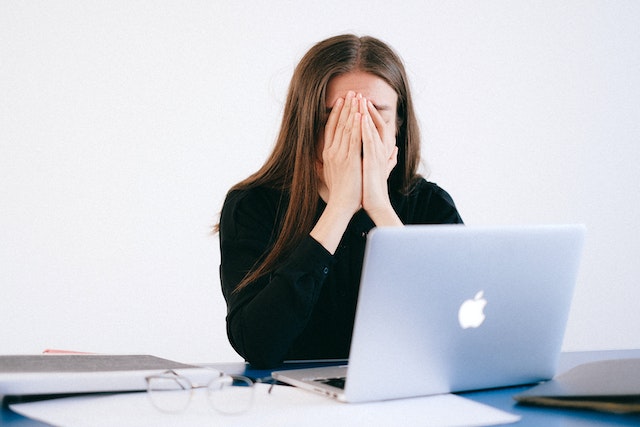Sometimes, the hardest part about having anxiety is not knowing when you are going through a particularly anxious period. For some of us, the signs of our own anxiety can be so subtle that we barely realize how anxious we are until we approach the breaking point. So, I thought it might be good to talk about a few of the most common ways you can recognize anxiety in yourself today before it becomes an overwhelming tidal wave.
1. Trouble sleeping
Did you know that adults between 18 and 64 needs 7 to 9 hours of sleep? Based on a survey conducted by YouGov, only one in four people in Singapore (27%) have an ideal sleep cycle.
While we all experience the occasional night of bad sleep, if you find yourself having disturbed sleep or trouble getting to sleep for several nights consistently, it can often be a sign of anxiety. This is even more true if the thoughts you focus on while trying to get to sleep or when you have woken up in the middle of the night center on the same few topics. A lack of quality sleep can hugely impact how we feel in our waking hours, and tiredness can often make anxiety worse.
2. Lack of patience
For some of us, patience comes naturally, while for others it is a trial even on a good day. Regardless of your threshold, if you find yourself less patient with others than you usually are, this can signify stress and anxiety. In these situations, it is always good to talk to others in these situations, especially with friends or loved ones, and apologize if any behavior has upset someone else. Recognize that acting like this doesn’t make you a bad person, just an anxious one.
3. Constant worrying
If you worry about the same few things a lot, or you are constantly finding new things to worry about, no matter how big or small they are, this is a key sign that any worry has spilled over into anxiety. These worries are often more intense as well as continuous, and being able to calm and clear your mind, even if just for a moment, might mean you need to reach out for support from others to ease your mental load.
4. Stomach issues
Perhaps slightly less common than other signs of anxiety on this list, stomach issues without a clear physical cause can be a sign of anxiety. Such problems can include stomach ache, nausea, vomiting, and even stomach ulcers in more severe cases. The brain and the stomach are very closely linked, so stomach issues may be a way of telling you that you need to recognize your anxiety. It is a different way your body tells you to make changes before your anxiety causes you further harm.
What are your thoughts on these signs? Do you experience any of them? What other ways do you recognize anxiety in yourself?

